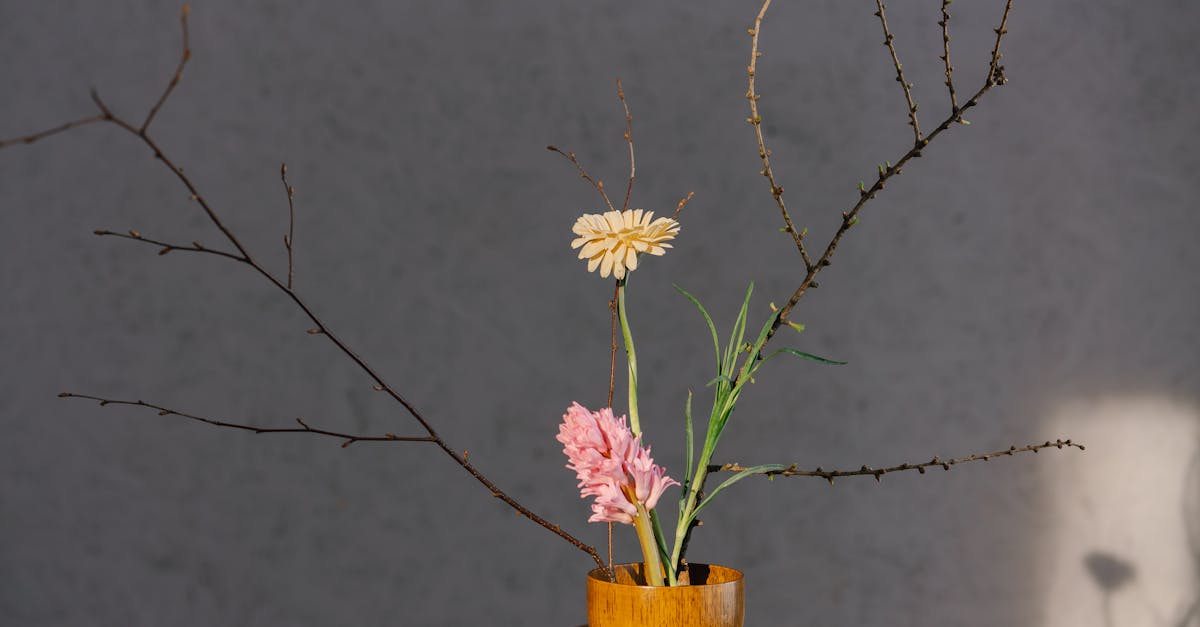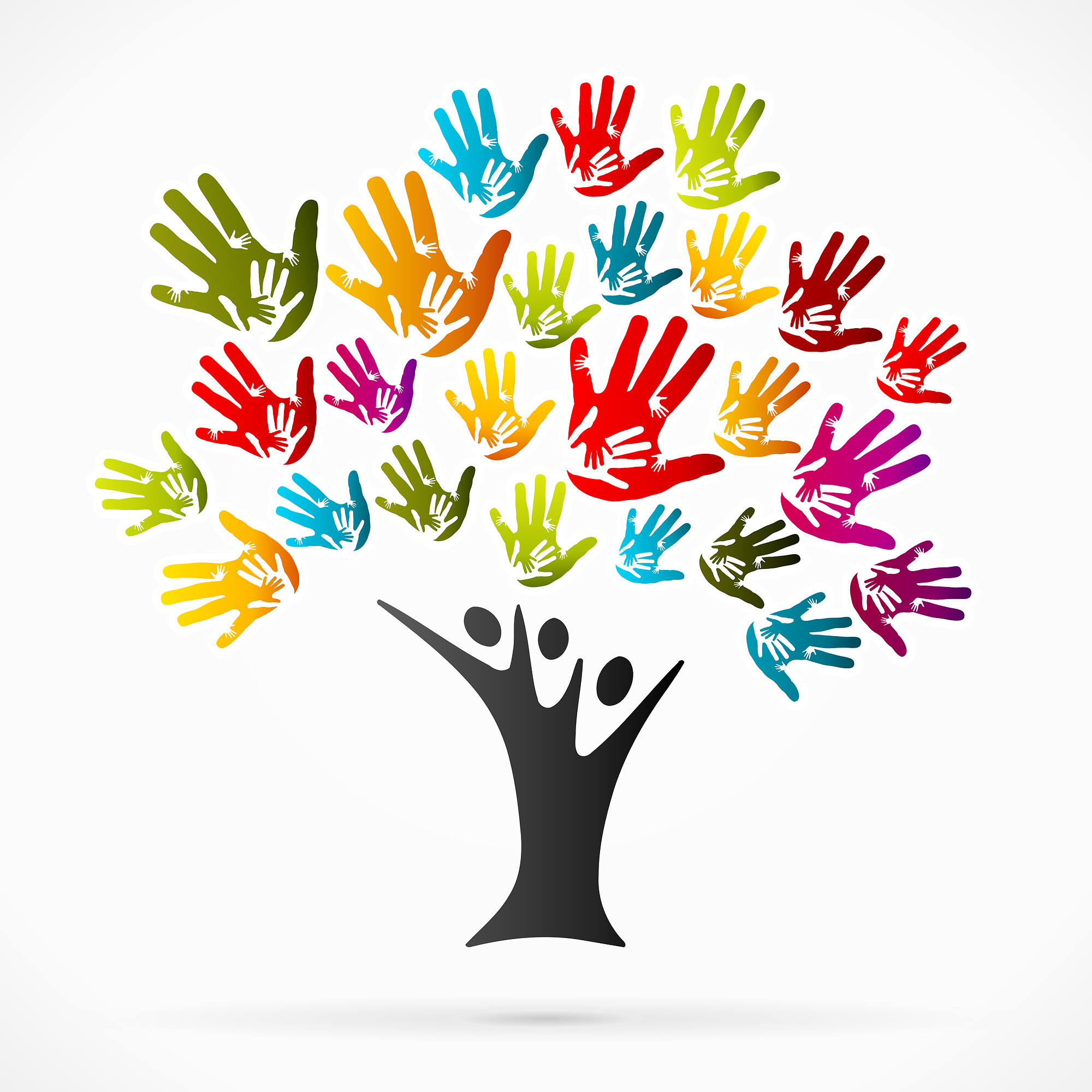“You are so clever! And so talented!” Karen gushed at me.
I felt myself become irritated. Which seemed odd. She was complimenting me, wasn’t she? Surely this should create good feelings, not irritation?
Later I journaled and contemplated on why this seemingly complimentary statement should result in my irritation and annoyance.
I didn’t take long to work out why.
I wondered if it was some kind of false modesty, but actually it was the opposite. It was a sign of a healthy sense of self-worth.
I’ve always disliked being called talented and clever.
I’m good at a lot of things. I can knit, do maths, work most bits of tech, do powerful therapeutic interventions, channel, initiate others, paint and more.
This may make you want to accuse me of being a brag, but please let me explain why sometimes it’s completely justifiable to say these things, and why, in fact, we should all do this more often.
You see, here’s the thing. Out of all those things I’ve just claimed I’m good at, NOT ONE of them were downloaded into my brain matrix style, or gifted to me.
Every single one of them took time, effort, struggle, and many many failures, sometimes over years. Before getting it right, I’ve got it wrong. I’ve un-knitted more jumpers than most people have knitted. I’ve screwed up pages and pages of stupid mistakes made on maths problems. My studio has some very ugly paintings that I keep to remind me how not to paint.
The reason I hate being called clever and talented is because it assumes that whatever I have just achieved was easy for me. That, as if by magic, I picked up a pencil and could do calculus, or a paintbrush and whoosh here’s a masterpiece.
In reality, everything I can do is a result of hours and years of learning and, sometimes, struggle.
And it’s even more than that.
When we choose to learn something, we first have to admit to ourselves that we are crap at it.
For everything I’ve learned how to do, or be remotely OK at, I had to be willing to put myself in the place of admitting that I was crap at this. I had to be willing to feel really stupid.
Learning means first admitting you ‘don’t know’.
And that’s something that, as adults and in many contexts, we’re just not comfortable doing. It takes a strong sense of self-worth to be OK putting yourself in a position of feeling stupid. If your self-worth is tied up to your opinion that others hold of you then it’s harder to admit you don’t know something, even to yourself.
Furthermore, there’s another reason I hate hearing “you’re so clever and talented” being given as a compliment, and this is when it’s used as a reason or excuse to NOT grow and learn.
I’ve heard people, friends, my clients, heck even people who worked for me say, “I’m not good at that. I’m not talented” (like you) often being the unspoken words.
With the belief in not having talent, they don’t even try. Stuck in the limiting belief that it takes TALENT to become good at doing something; they don’t learn or grow and while the world continues to move and change around them, the ride is on a downwards spiral, and behaviour shifts towards defensiveness and protection of self-worth and ego. Their world and experience of it shrinks.
My invitation to you is this.
- Take that thing you’ve always dreamed of doing.
- And go and do it really really badly.
- Fall off that bike.
- Make ugly art.
- Start a business that gets no sales (just stop it before you bankrupt yourself).
- Go feel stupid!
- Ask really stupid questions of very successful people.
- Be willing to be stupid.
- Enable and empower yourself to learn and grow.
Your value and worth have no bearing on any talents you think you do or don’t have.
Your self-worth can only be strengthened by your willingness to grow.
Go on, go and do things badly.
And have fun while you’re at it.
To your ‘not knowing’
Dr Lisa Turner








